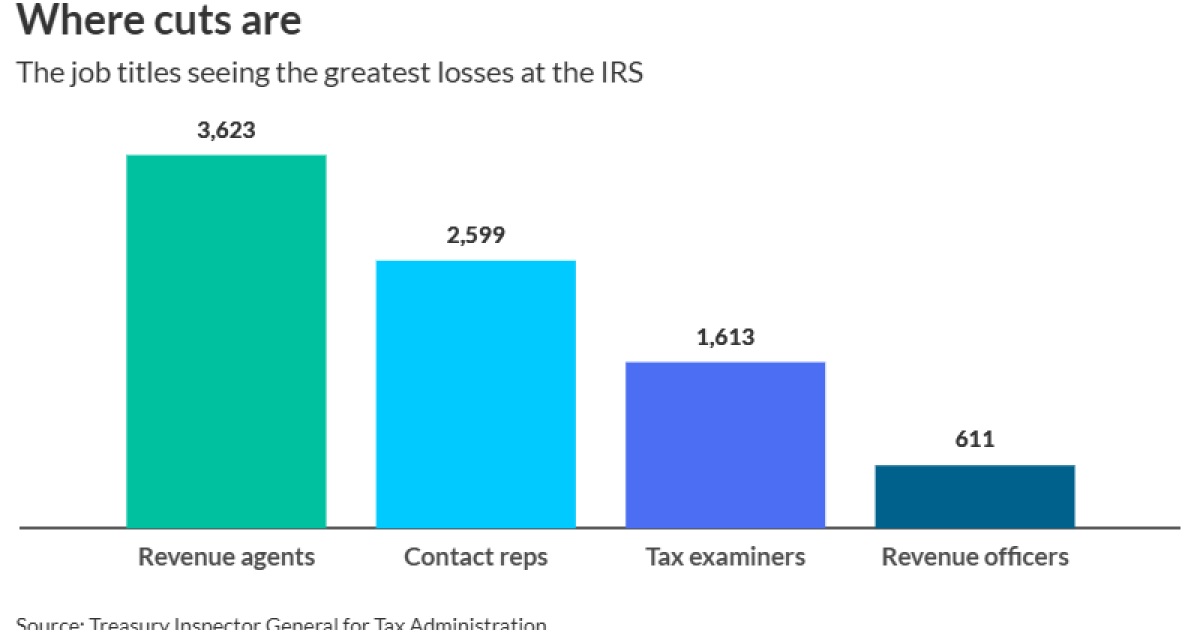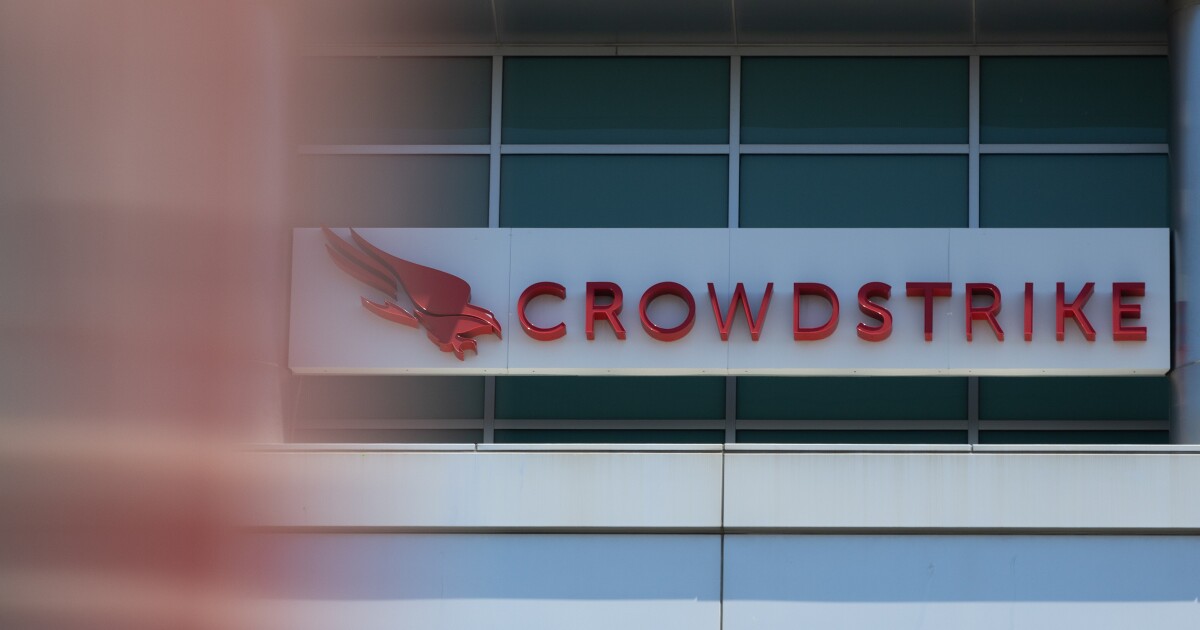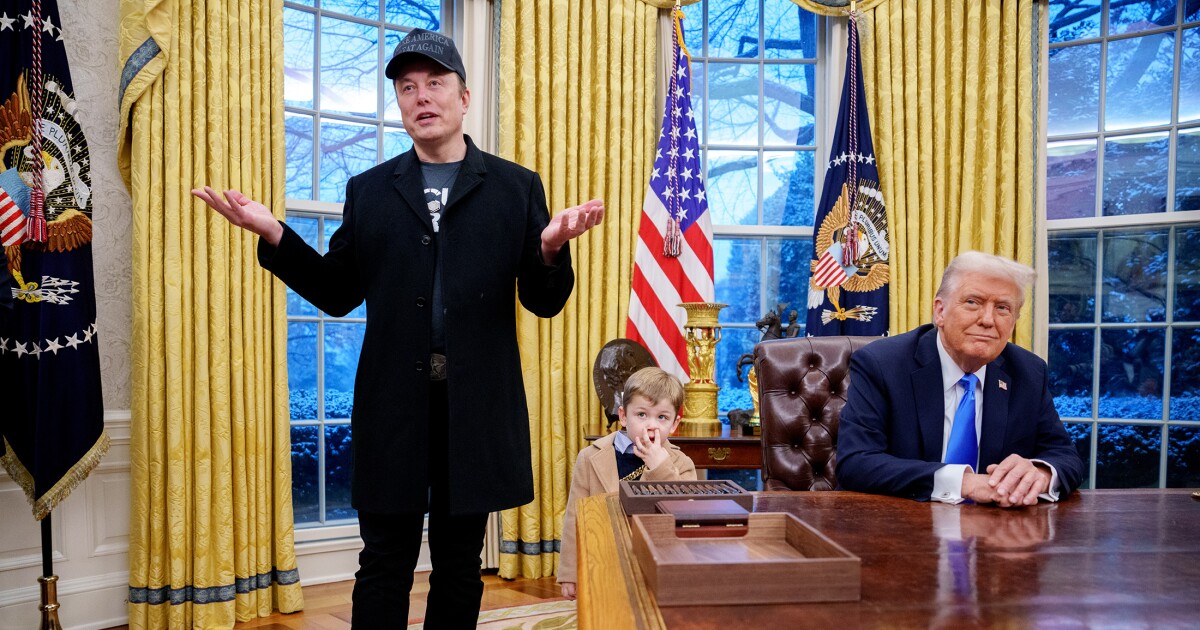It seemed like a low-risk bet when in 2020 Carlyle Group Inc. agreed to provide around €200 million ($210 million) in private bonds to Pro-Gest SpA, a family-owned paper and packaging company based near Venice.
The papermaker’s finances came under pressure in 2019 as production at one of its main plants was temporarily suspended by local authorities. The pandemic helped boost demand for paper packaging and Carlyle agreed to step in to refinance a portion of Pro-Gest’s debt when the company offered some of its best assets as collateral. The deal put the American private capital giant first in line for repayment in case anything went wrong, ahead of bondholders who had previously given the company €250 million.
Fast forward to 2025 and the company, after defaulting on some of its debt, is now attempting to restructure its obligations in a court-supervised process known locally as composizione negoziata.
The move follows months of negotiations with creditors that saw the company’s board overhauled, its first chief restructuring officer suddenly depart and — amid the negotiations with creditors — a draft report from the auditing firm Deloitte LLP that raised questions about more than €80 million of financial transactions by Pro-Gest and its owners, members of the Zago family. The expenses questioned included payments for a yacht and cash used to fund a prosecco winery.
The draft report was presented to Pro-Gest’s board, but never acted on. The company’s current CRO Angelo Rodolfi said in a statement to Bloomberg that claims the firm misused cash are “incorrect and untrue.”
But the episode underscores the difficulties often faced by lenders in the booming world of private credit. A few of the industry’s largest players have made lending to companies that aren’t owned by private equity a key piece of their strategy, hoping to reduce their reliance on buyout financing — an increasingly competitive and lower-return business — to deploy capital. While the loans typically come with high yields, they’re often provided to businesses that aren’t accustomed to the same high levels of disclosure and scrutiny as publicly traded borrowers.
Pro-Gest’s debt came from the Carlyle Credit Opportunities fund, a strategy launched in 2019 to provide capital “primarily for upper middle market borrowers,” including firms owned by families and entrepreneurs, according to the fund’s website.
By early last year, Pro-Gest had breached some of the terms governing the Carlyle debt, according to people familiar with the matter, who asked not to be identified because they aren’t authorized to talk about it. While the U.S. fund agreed to waive the breaches of financial covenants, it wanted to appoint independent directors to the board. And as part of the compromise between family owners and the fund, the board commissioned Deloitte to conduct a forensic analysis of Pro-Gest’s finances and transactions with related parties.
Deloitte analyzed internal accounting, collected material on the company’s IT devices through December 2023, and produced a draft report in May 2024 that identified potential anomalies with a total financial impact of about €81.6 million.
Some of these transactions may have impacted Pro-Gest’s balance sheet, and others may have breached covenants in Carlyle’s debt and disclosure obligations, Deloitte said in the report. It also said founder Bruno Zago and other members of his family may have used company funds to pay for non-business-related expenses.
After Deloitte completed its draft report, a round of interviews with some employees and managers backed its preliminary findings, and the report was filed to Pro-Gest’s board for review, the people said. Over the summer, however, the chief restructuring officer and other independent directors suddenly resigned after less than six months in the post.
A new CRO and new board members were appointed, and while they received Deloitte’s draft report, they never voted on it, the people said.
As part of CRO Rodolfi’s response to Bloomberg in December, he said that claims the firm misused cash and the representation of events “are harmful and defamatory.” He didn’t comment on the details of the allegations contained in Deloitte’s draft report. The company said in a separate email response in early January that its own financial reports are correct.
Representatives for Deloitte and Carlyle declined to comment on the draft report.
Alleged breaches
Deloitte said it found 16 transactions that were in breach of the financial covenants of the debt Pro-Gest got from Carlyle. And it singled out 29 cases when the company’s cash coffers, which had been boosted by Carlyle’s funds, were allegedly used for non-business purposes.
The list of breaches includes a €1.4 million purchase of a Ferretti Custom Line 94 yacht, and zero-interest loans to several Zago family members and close allies, some of which weren’t paid back, according to the draft report.
Deloitte’s report also claimed Pro-Gest’s funds were used to finance family businesses that are legally and financially separate from the packaging group, including one that makes prosecco in the hills of Veneto, and a local food catering company. And Deloitte’s report said it found €12.5 million of “financials granted by Pro-Gest in favor of AMG,” a real estate company also owned by the Zago family. AMG didn’t respond to a request for comment.
Zago family members allegedly used company funds to pay for aircraft rentals for purposes not related to Pro-Gest’s core business, and to cover about €530,000 in yacht maintenance costs between 2021 and 2024, according to the draft report. They also moved assets back-and-forth between the Pro-Gest group and entities controlled by the Zagos, the report alleged.
For instance, in 2018 it sold €20 million worth of paper reels to World Cart Srl, a company in which Pro-Gest held a minority stake and whose biggest shareholder was Pro-Gest’s founder. In 2021 and 2022, after the debt from Carlyle helped stabilize Pro-Gest’s finances, the group bought back those assets from World Cart, which in turn directed a large chunk of its profits to benefit AMG, according to the draft report.
Bruno Zago eventually transferred his stake in World Cart to Pro-Gest in October 2024, according to a corporate filing. Luca Lazzarotto, who owns 25% of World Cart and is the firm’s chief executive officer, said in an emailed statement to Bloomberg that he isn’t aware of strictly private information that was presented to Pro-Gest’s board, and warned against spreading false reports.
Debt talks
It’s unclear what Carlyle did when Deloitte submitted its report to the board. A Carlyle spokesperson declined to comment when asked whether the fund had received the report when it was sent to Pro-Gest’s board.
Either way, Carlyle and unsecured creditors have been in on-and-off talks with the company to restructure its debt for more than a year. Pro-Gest stopped paying interest on its debt to bondholders in June, and didn’t pay the unsecured notes when they matured on Dec. 15. The private bonds from Carlyle are due this year.
This month, Pro-Gest said it had entered court-supervised negotiations and issued a proposal to extend debt maturities, sell assets and reduce rental costs. It also plans to recover funds credited to AMG. The court-supervised procedure, which protects the company against its creditors, can last as long as a year.


 Economics1 week ago
Economics1 week ago
 Accounting1 week ago
Accounting1 week ago
 Blog Post5 days ago
Blog Post5 days ago
 Economics1 week ago
Economics1 week ago
 Personal Finance1 week ago
Personal Finance1 week ago
 Economics6 days ago
Economics6 days ago
 Personal Finance1 week ago
Personal Finance1 week ago
 Finance1 week ago
Finance1 week ago











